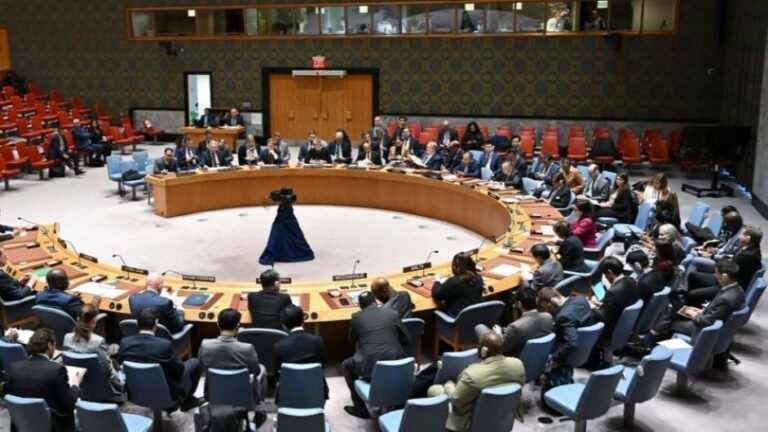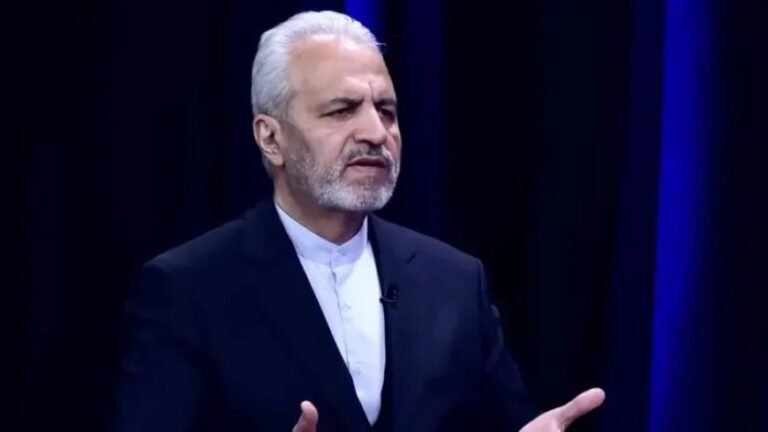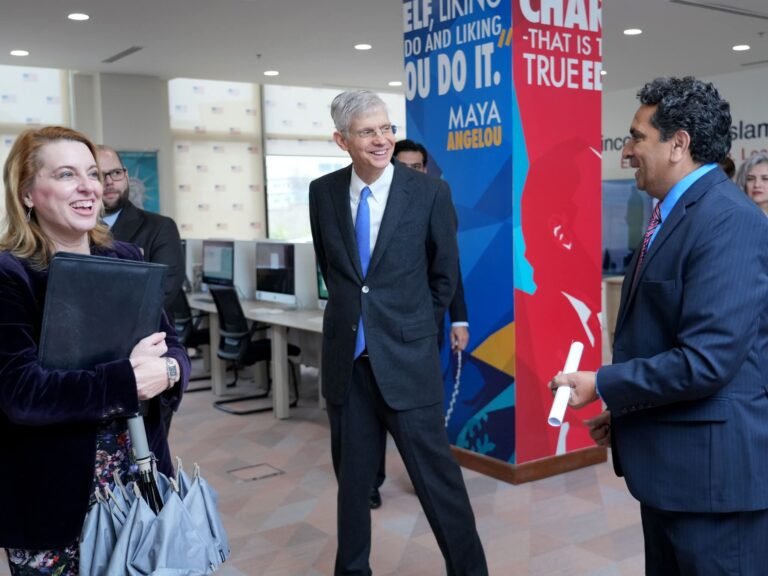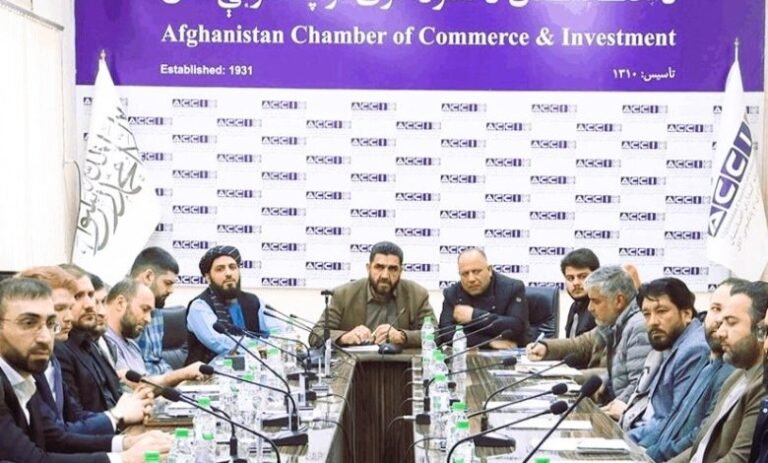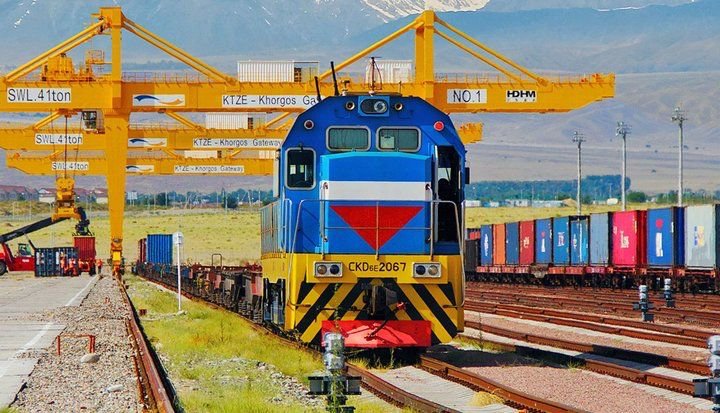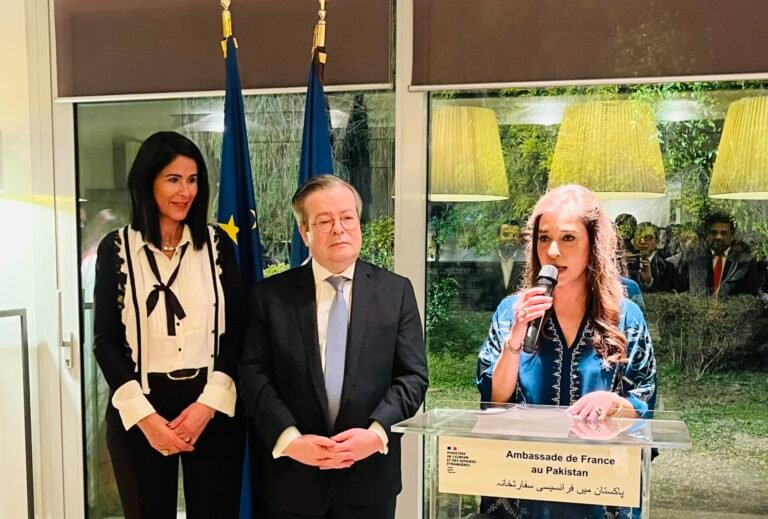Zhang Lin & Lu Peng
People’s Republic of China and Islamic Republic of Pakistan are strong friends and all-weather strategic partners. The two countries established diplomatic relations in 1951.
Over the 71 years, the two countries have developed their friendly and cooperative relations on the basis of mutual respect, equality and mutual benefit, and shared weal and woe.
Over the past 71 years, no matter how the international landscape may evolve, the friendship between China and Pakistan has withstood various tests and remained there as firm as a rock. In times of adversities from major natural disasters to the sudden onslaught of COVID-19, we have always stood together and looked out for each other in the spirit of a community with a shared future.
There are countless examples of China and Pakistan helping each other. At the beginning of 2020, when COVID-19 pandemic in China was at the its worst, Pakistan gave us the greatest support.
In February, Pakistan’s parliament has passed a resolution to fully support China in its fight against the pandemic. China highly appreciated the resolution and lauded our Pakistan friends for their sincerity.
On March 16 to17, President Arif Alvi visited China for the first time during this difficult time, exposing Pakistan’s strong support for the Chinese government and people as a mark of iron brotherhood and solidarity between China and Pakistan. Pakistan sent China 300 thousand medical masks, 800 medical protective clothing, and 6800 medical gloves.
After the outbreak of COVID-19 in Pakistan, China fully supports Pakistan in combating the pandemic. In February 2020, China provided Pakistan with the first batch of relief materials.
On February 1, 2021, Chinese Foreign Ministry spokesman Wang Wenbin told a regular press conference that the first batch of vaccines donated by China to Pakistan reached Islamabad.
This is the first batch of Novel coronavirus vaccine aid provided by China government to foreign countries. On March 18, a Chines medical team composed of eight experts arrived at Islamabad International Airport with relief supplies.
In recent years, with the development of the Belt and Road, the two countries have further enhanced their cooperation in the fields of politics, economic trade, and culture. The two have established all-weather friendship and carried out all-round cooperation.
Language education can promote the construction of the China-Pakistan Economic Corridor. In May 2013, the CPEC was officially proposed, which aims to further the connectivity between China and Pakistan and advance the common development of the two countries.
The construction of CPEC has greatly promoted the people-to-people and cultural exchanges and cooperation between China and Pakistan. On February 6, 2022, the two sides issued the Joint Statement of the People’s Republic of China and the Islamic Republic of Pakistan. Articles 21 and 33 read as follows: “21.
Both sides noted with satisfaction robust cooperation between Pakistan and China in education sector, and committed to further enhance cooperation between the two countries.
Pakistan’s side highlighted that China has become a popular education destination. While ensuring safety against COVID-19, China will arrange for Pakistani students to return to China and resume classes in a prudent manner” “33.
The two sides signed or concluded a number of agreements ……covering bilateral cooperation in areas of economic and technical, ……and vocational education”.
A Chinese saying goes Friendship, which drives by close contact between the people, holds the key to sound state-to-state relations. Language is the carrier of culture. As a tool for communication between peoples, it plays an irreplaceable role in people-to-people connectivity.
Only those with the ability of cross-cultural and cross-language communication can reduce and eliminate cultural conflicts in communication with people from different cultures, and realize the Close Contact between People.
We should let language play its due role, become a bridge for trade exchanges and cooperation between China and Pakistan, and play a positive role in the connection between the two people. So do not let it become an obstacle between us.
The Confucius Institute in Islamabad is the first Confucius Institute established by China in Pakistan and also the first one in the Islamic world. Before the pandemic, the number of people learning Chinese and taking the HSK in Pakistan were on rise year by year.
Sindh province in Pakistan has taken Chinese as a compulsory foreign language course for students above grade 6 in the province since 2013, to adapt to the close ties between the two countries in trade, culture, and other fields.
In 2021, the number of Pakistan students studying in China reached more than 280000. In China, the idea of the Pakistani Iron Brotherhood has long been deeply rooted in the hearts of Chinese people. Parwaaz Hai Junoon, a Pakistan film released in China last year, was very popular and gained countless fans.
It is hoped that literary and artistic workers of the two countries make efforts to hold in-depth exchanges and linkage to produce more works loved by people in the two countries, and more could be translated into Chinese and Urdu.
In terms of foreign language education, eight universities in China, including Peking University, Beijing Foreign Studies University, offer the major of Urdu. There are majors in Urdu and Pashto in Yunnan Minzu University for students to choose from. Nowadays we have over 30 Pakistan research centers and research institutions in China.
Although both China and Pakistan have done much work in conducting personnel exchanges and training in foreign languages teaching, we still have a long way to go. For example, there is a serious lack of bilingual teachers in vocational colleagues in China, so we could not effectively have fulfilled the task of international exchanges in cooperation.
Vocational colleges in Pakistan have the same problem. At present, despite Pakistani’s enthusiasm in learning Chinese language, it is still difficult for Chinese companies of the CPEC projects to recruit qualified locals’ translators or interpreters. This really cannot meet the needs for high-quality development of the corridor.
Therefore, it is suggested that more attention should be paid to foreign language courses in curriculum design to train personnel of Specialty + Foreign Language. In addition, it is essential to introduce the relevant politics, economy, history, religion etc. of the partner country.
The personnel mentioned above refer to those who are competent in cross-cultural communication and qualified professionals who can meet the needs of high-quality corridor construction.
Language-communication at work is not only conducive to cooperation between coworkers, but also can deepen their friendship. Training in this way could help trainees immediately realize their personal value after graduation, and provide more employment opportunities for the local society.
The smooth operation of completed projects and timely completion of projects under construction of CPEC requires the joint participation of technicians and workers of the two countries, so it is very necessary for employees to acquire certain language skills, which is also the responsibility of relevant colleges and vocational training institutions.
We need to strengthen exchanges and cooperation, create a better future and train all kinds of personnel for the construction of China-Pakistan Economic Corridor.
As for teaching languages and technical skills, another suggestion is that colleges and training schools could exchange and cooperate with each other by sending teachers and students to study or for an internship for one semester or one year in the other country.
Activities like student vacation-visit, participating in training programs, and attending meetings all could enrich their experiences. Being in the target language environment is the best chance to learn and use it and the opportunity to experience and understand one country’s culture.
Students who have celebrated the Spring Festival in China and Eid al Fit in Pakistan surely understand the relevant culture better than those who have only read them in books.
Similarly, students interned in enterprises in the country of target language could have a smoother exchanges and more effective cooperation with foreign colleagues, and can better adapt to the new working environment.
Let’s join hands in a shared pursuit of language education to cultivate more professionals with comprehensive knowledge for the construction of CPEC for benefit of the people of China and Pakistan.
*Zhang Lin, Associate researcher of Yunnan Academy of Social Sciences, P. R. China, Lu Peng, Professor at the School of Humanities, Honghe University, P. R. China
Established in December 2008, The Diplomatic Insight is Pakistan’s premier diplomacy and foreign affairs magazine, available in both digital and print formats.



